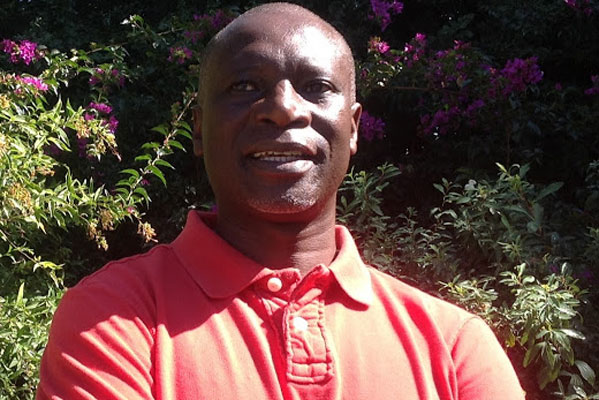
The 25th anniversary of the Zimbabwe International Film Festival (ZIFF), which is pencilled to take place from September 1 to 8 in Harare, marks a shift towards a more Afrocentric trajectory in next editions, festival director Nakai Matema has said.

Themed Narratives from Africa, the motion picture fiesta, in partnership with corporate sponsors, embassies as well as local and international independent filmmakers, is set to screen a full programme of films inspired by African culture and heritage.
Speaking at a press briefing on Friday, Matema said the thrust was meant to influence telling of the real African story in a way that would rid it of rampant misconstruction by foreign filmmakers.
“This is certainly the way we are going to take from now on because we have had so much of European stories, but now we need to bring it back home,” said Matema, referring to this edition as the “platinum anniversary”.
“Going forward, this is our festival because throughout the year we have many festivals happening, but none in particular has been focusing on Zimbabwean and African films.”
According to Matema, this means that local, regional and international films to be screened would bear an Afrocentric viewpoint in contrast with past years where mostly Western movies dominated the menu.
Consequently, the film forum, kicking off with the locally-produced comedy Cook Off, will present an exciting industry programme featuring workshops, seminars, discussions, pitch sessions and collaborations among industry stakeholders.
- Chamisa under fire over US$120K donation
- Mavhunga puts DeMbare into Chibuku quarterfinals
- Pension funds bet on Cabora Bassa oilfields
- Councils defy govt fire tender directive
Keep Reading
ZIFF executive director Nigel Munyati told The Standard Style that the fete would henceforth serve as a space for local productions, which had been improving in the recent past after a slump in quality at the turn of the millennium.
“We are actually so excited right now because over the past three years or so the quality of new productions is starting to gradually go up which is why now we are even more comfortable to screen more than two local films in the festival,” said Munyati.
He described this as an opportunity for local audiences to embrace the new generation of filmmakers and add value to their work.











